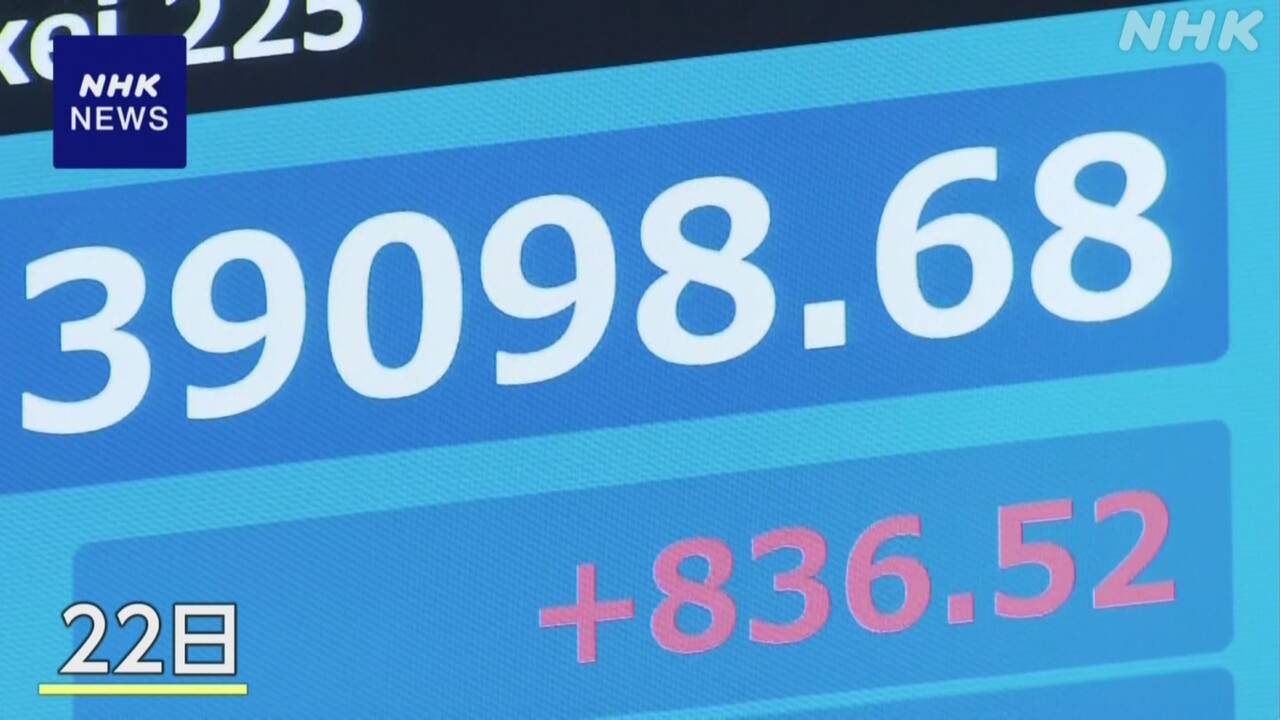On the 22nd of this month, the Nikkei Stock Average hit a new all-time high, set in 1989 during the bubble period.
While some say it shows expectations for Japanese companies, others point out that it does not reflect the reality of the economy, and the focus is on whether stock prices will continue to rise and whether companies will be able to achieve growth commensurate with their stock prices.
The closing price of the Nikkei Stock Average on the Tokyo Stock Exchange on the 22nd was 39,098.68 yen, breaking the all-time high set on December 29, 1989, at the height of the bubble, for the first time in 34 years.
“The height of the bubble” What was it like back then?
Stock prices continue to rise as market participants and experts say they appreciate the earning power of Japanese companies and express their expectations that the Japanese economy will break free from deflation and achieve a virtuous cycle of wages and prices. There is a view that there is room to do so.
On the other hand, some point out that this stock price does not reflect the reality of the Japanese economy, and that future risks to the stock market include the lifting of negative interest rates that the Bank of Japan is considering and the slowdown of the Chinese economy.
With opinions on stock prices divided, it will be interesting to see whether this upward trend continues.
The focus is also on the company's ability to achieve growth commensurate with its stock price.
According to Ministry of Finance statistics, domestic companies increased their capital investment during the bubble period, but after the bursting of the bubble, they became more cautious, and the level has remained below that level for more than 30 years.
The challenge is whether Japanese companies can shift to a management style that actively invests in equipment and human resources in order to generate innovation.

